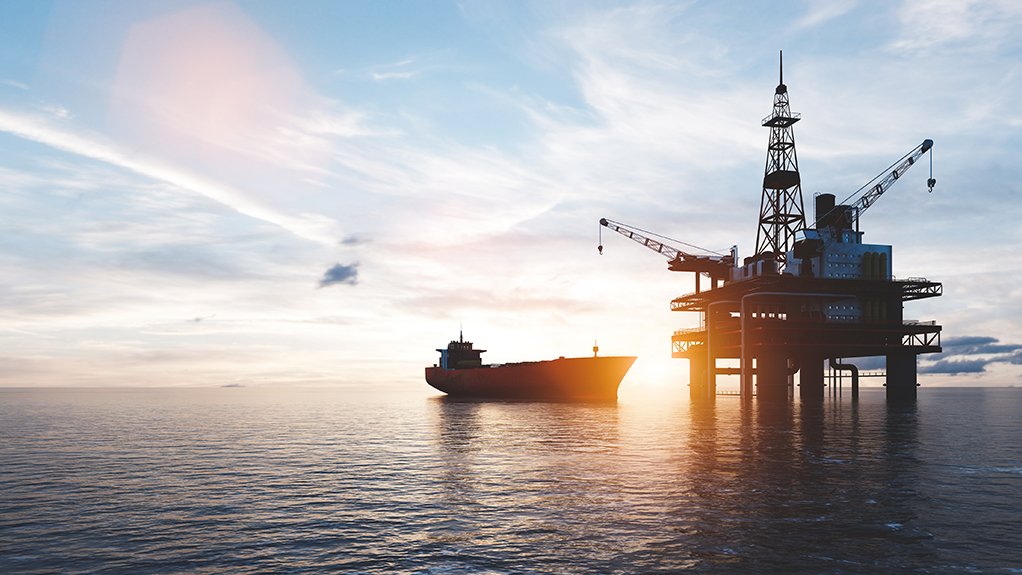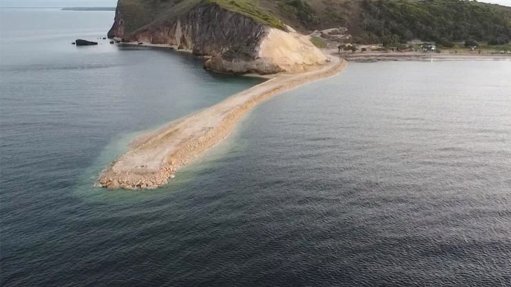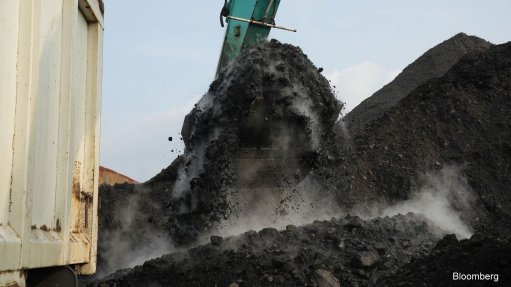Volatile prices present opportunities for exporters



SUPPLY OPPORTUNITIES The Russia‐Ukraine conflict has encouraged an uptick in African natural gas supply to support European countries looking to wean themselves off of Russian supply
PATIENCE PANASHE Investment in Africa’s oil and natural gas production has been lagging since the price downturn in 2014
Africa has significant oil and gas resources that can help accelerate growth on the African continent if used strategically and, while new resources are discovered progressively, they are not distributed equally, with 38 out of 54 African countries being net oil importers, says research company Birguid senior researcher Patience Panashe.
While high and volatile oil prices are a challenge for Africa, particularly for importing countries, they present a worthwhile opportunity for exporting countries in Africa to capitalise on.
She adds that oil production in Africa barely increased last year, with the exception of Libya, despite the recovery in oil prices.
Persistent underinvestment and a lack of maintenance have left many African facilities struggling to restart and ramp up production, notes Panashe.
“Nigeria, the region’s largest producer, and Angola, the third-largest producer, are not expected to meet their current quotas for international entity Organisation of the Petroleum Exporting Countries for at least another year. These two countries have produced about 300 000 bbl/d fewer than their combined quotas throughout 2021.”
She also points out that lockdowns and the associated economic crisis related to the Covid-19 pandemic have led to significant challenges in the African oil and gas sector, particularly in relation to efforts to improve infrastructure and modernise the sector.
The subsequent surge in commodity prices has also exacerbated these challenges for oil- and gas-importing countries.
Exporting countries, meanwhile, are benefiting financially, particularly if they can “overcome barriers to ramp up production and increase supply to international markets”.
Net income from oil and natural gas production in Africa also rebounded strongly last year, owing to higher production and prices, but remained far below prepandemic levels, adds Panashe.
“Investment in Africa’s oil and natural gas production has been lagging since the price downturn in 2014. The 2020 price shock left producers struggling even more to pay for much-needed maintenance and repairs, as well as finance the development of new fields. It is a similar story for the region’s pipeline and storage infrastructure, which is crucial to serve domestic markets.”
She adds that many international oil companies – which comprise a large part of African oil and gas production – have become increasingly reluctant to make large-scale investments into more extraction projects, owing to the lack of regulatory clarity and general uncertainty over future demand globally.
Many of these companies have “refocused” their portfolios to prioritise production from oilfields with higher financial returns.
She cites Nigeria as an example, where oil and gas revenues contributed 65% of government revenues in 2019.
The 2020 oil price collapse, however, drove Nigeria into a recession, as gross domestic product contracted by 1.8%.
“Mounting debt is debilitating the ability of governments in oil-producing countries to finance the investments needed to compensate for the decline in output from existing fields. Global supply chain challenges for products and labour hinder [the] maintenance and progression of sanctioned projects.”
Global Conflict Outcomes
Panashe says the economic fallout from Russia’s invasion of Ukraine resulted in a price surge for fuel and food.
The price of liquefied petroleum gas (LPG) increased by more than 60%, while that of diesel doubled in some countries, including Nigeria, from January to April 2022.
Retail price controls have prevented higher wholesale prices of natural gas and electricity from being passed on to consumers. Higher prices, however, have added to the financial difficulties of utilities and governments, she states.
She stresses, however, that the Russia-Ukraine conflict has encouraged an uptick in African natural gas supply to support European countries looking to wean themselves off fossil fuels from Russia.
“Italian multinational Eni has signed deals with the governments of Algeria, Egypt and the Republic of Congo, all geared towards increasing imports. Looking to the future, energy company TotalEnergies’ decision to progress Uganda’s Lake Albert investment by integrating several renewable-energy projects may provide a blueprint for developing fossil and renewable resources in Africa.”
Panashe says another driver of price hikes is the rising costs of mineral nitrogen-based fertilisers, which is vital in terms of the amount of natural gas used to produce ammonia and urea.
“International urea market tensions started to materialise in 2021, owing to high natural gas prices and temporary export restrictions in China and Russia. These tensions are being felt acutely in Africa, where urea accounts for about 60% of mineral nitrogen-based fertiliser consumption, and about half of the apparent consumption of mineral nitrogen-based fertiliser is imported,” she concludes.
Comments
Press Office
Announcements
What's On
Subscribe to improve your user experience...
Option 1 (equivalent of R125 a month):
Receive a weekly copy of Creamer Media's Engineering News & Mining Weekly magazine
(print copy for those in South Africa and e-magazine for those outside of South Africa)
Receive daily email newsletters
Access to full search results
Access archive of magazine back copies
Access to Projects in Progress
Access to ONE Research Report of your choice in PDF format
Option 2 (equivalent of R375 a month):
All benefits from Option 1
PLUS
Access to Creamer Media's Research Channel Africa for ALL Research Reports, in PDF format, on various industrial and mining sectors
including Electricity; Water; Energy Transition; Hydrogen; Roads, Rail and Ports; Coal; Gold; Platinum; Battery Metals; etc.
Already a subscriber?
Forgotten your password?
Receive weekly copy of Creamer Media's Engineering News & Mining Weekly magazine (print copy for those in South Africa and e-magazine for those outside of South Africa)
➕
Recieve daily email newsletters
➕
Access to full search results
➕
Access archive of magazine back copies
➕
Access to Projects in Progress
➕
Access to ONE Research Report of your choice in PDF format
RESEARCH CHANNEL AFRICA
R4500 (equivalent of R375 a month)
SUBSCRIBEAll benefits from Option 1
➕
Access to Creamer Media's Research Channel Africa for ALL Research Reports on various industrial and mining sectors, in PDF format, including on:
Electricity
➕
Water
➕
Energy Transition
➕
Hydrogen
➕
Roads, Rail and Ports
➕
Coal
➕
Gold
➕
Platinum
➕
Battery Metals
➕
etc.
Receive all benefits from Option 1 or Option 2 delivered to numerous people at your company
➕
Multiple User names and Passwords for simultaneous log-ins
➕
Intranet integration access to all in your organisation




















